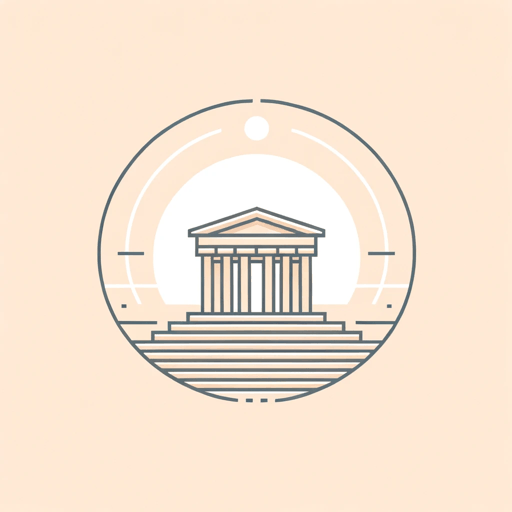43 pages • 1 hour read
Mircea Eliade, Transl. Willard R. TraskThe Myth of the Eternal Return
Nonfiction | Book | Adult | Published in 1949A modern alternative to SparkNotes and CliffsNotes, SuperSummary offers high-quality Study Guides with detailed chapter summaries and analysis of major themes, characters, and more.
Chapter 4Chapter Summaries & Analyses
Chapter 4 Summary and Analysis: “The Terror of History”
Although it is comparatively short, the final chapter of The Myth of Eternal Return may be Eliade’s most philosophically dense. “The Terror of History,” as he calls it, outlines a problem that is of greater scope than the rest of the book. Eliade does not attempt a detailed answer to it here, only a short explication of the issue:
We are nevertheless forced to touch upon the problem of man as consciously and voluntarily historical, because the modern world is, at the present moment, not entirely converted to historicism; we are even witnessing a conflict between the two views: the archaic conception, which we should designate as archetypal and anhistorical; and the modern, post-Hegelian conception, which seeks to be historical. We shall confine ourselves to examining only one aspect of the problem, but an important aspect: the solutions offered by the historicistic view to enable modern man to tolerate the increasingly powerful pressure of contemporary history (141).
Eliade provides a brief history of the emergence of the historicist view. First, he reiterates the Christian view that gives meaning to historical catastrophes through the implication of divine meaning and the eventual revelation of divine will. There are still two fundamental conceptions of time battling for philosophical primacy well into the 17th century: cyclical time and linear time.
Related Titles
By these authors


